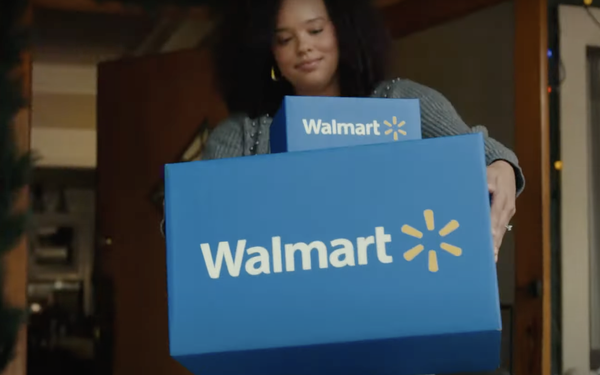
Walmart has once again landed the No. 1
spot in Kantar’s annual ranking of best-in-class retailers, with PepsiCo coming in first as the best manufacturer, the company’s ninth year at the top.
Now in its 28th
year, the study surveys manufacturers and retailers about strategic metrics and business fundamentals, incorporating input from key industry leaders. And while most of the top rankings are unchanged,
Target managed an upset, moving into the No. 2 retailer spot behind Walmart. That knocked Kroger, Amazon and Costco down a ranking.
Among manufacturers, Coca-Cola and Procter & Gamble
maintained their No. 2 and No. 3 positions from last year. Nestle came in fourth, and Unilever pushed into fifth place, pushing General Mills out of the top five.
The analysis, which uses a
two-year running average, looks into significant consumer goods categories in food, drug, mass merchandise, dollar, convenience, specialty, ecommerce and club channels and is drawn from dozens of
retailers and manufacturers.
advertisement
advertisement
“We're looking to define who is best in class in the eyes of their trading partners and then provide a little perspective around why,” says Jeffrey
Maloy, Kantar’s senior vice president. “And it gives manufacturers and retailers benchmarks, so they can see how well they do relative to their competition.”
There were few
surprises, says Rohan Mazumdar, Kantar’s vice president, and the usual suspects dominated the top 10. “But in the lower tiers, we’re seeing some shake-ups as companies look for new
ways to grow. They are trying to find the right partners to invigorate their categories.”
Another surprise, the two tell Retail Insider, is manufacturers' and retailers' growing
focus on sustainability. “We didn’t think sustainability would have a lot of airtime this year and be overshadowed by food costs and inflationary concerns,” says Mazumdar. And many
of the respondents’ comments were unprompted.
Those findings may seem somewhat at odds with President Donald J. Trump’s recent victory, with some interpreting his win as a growing
mandate against sustainability concerns and a sharp reaction to inflated food prices.
Certainly, Maloy agrees, companies know value is essential. “Companies need a really good reason to
pass along a price increase this year, and most brands have been unable to provide that,” he says. “That’s why price increases have been a non-starter in conversations between brands
and retailers.”
Yet respondents say some of their best growth comes from premium products, even as consumers spend more on private-label brands. “People are saying to themselves,
'If I'm going to spend more money on something, it better be worth it.’ So, we see challenger brands and slightly more premium brands winning.”
Shoppers are still strained, he
adds. “They're still cautious in spending, even if some economic indicators look good. That's cascading down to retailers, and they're sending that message to manufacturers.”
Retailers see themselves as advocates for consumers.
The study finds that differentiation continues to be toughest for independent and regional grocers as they look for more ways to stand
out from discount stores and supermarket giants. “Smaller chains are the most challenged in this environment,” says Maloy. “They don't have the scale to drive the lowest prices, and
they don't have the infrastructure to use technology and analytics to engage shoppers. It’s hard for them to stand out from Walmart or Kroger.”
Solutions like hyper-localization,
in-store events and developing “groceraunt” (groceries with in-store restaurants) and café opportunities “can bring interesting and innovative experiences to their physical
space.”